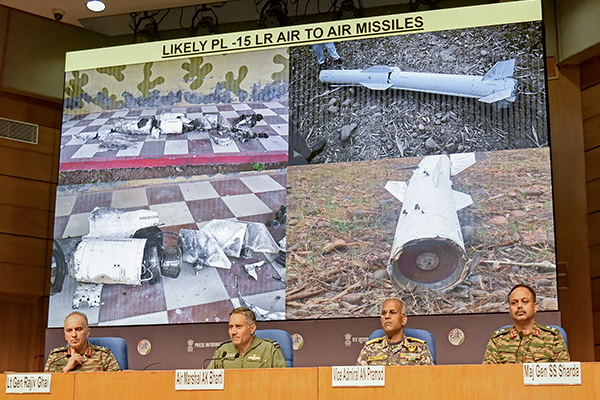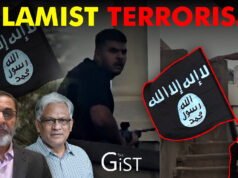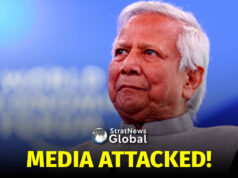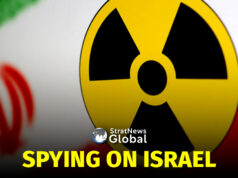“In today’s world you can’t duck,” says Syed Akbaruddin, former spokesman of India’s Ministry of External Affairs, emphasising the importance and value of strategic communication in a world of fast-paced often complex developments.
He was speaking to StratNews Global in the context of India’s ambassadors in many parts of the world, being seen and heard on TV channels, briefing their hosts on developments post the Pahalgam terrorist attack and India’s Operation Sindoor.
This is not the first time something of this sort has happened, he said, but it helps when there is an overall clarity about a particular situation. It enables India’s diplomats to speak with confidence and dispel wrong or slanted information or views.
“Sometimes in the past, there was a lack of clarity, if there is no clarity then the ambassador may find it difficult to brief because, in a sense, he doesn’t know the party line,” Akbaruddin said.
In this case, India had not only broadcast why it hit terrorist targets on May 7th, but it has also indicated it was not targeting any military infra. It had no interest in escalation but would respond to Pakistani provocations, which it did.
“Pahalgam and Operation Sindoor were very big,” said another former diplomat who had served in the spokesman’s office. “So instructions on what to tell the media would have gone out from the respective territorial divisions at the MEA headquarters in Delhi, to all the Indian embassies.”
It is precisely this clarity which was evident when JP Singh, India’s recently appointed ambassador to Israel, appeared on the i24News, a local television channel. While explaining the genesis of Operation Sindoor, he was also asked about India’s decision to stop the flow of Indus Waters to Pakistan.
“Over the past so many years, what we have seen we were allowing water to flow but what was Pakistan doing, they were allowing terrorists to come to India … after this (Pahalgam) attack our prime minister said blood and water cannot flow together.”
The same clarity enabled JP Singh to sidestep a leading question from his host, about how India and Israel could fight terrorism together.
“On terrorism, not only India and Israel all those countries facing the brunt of terrorism should join together. We are not going to accept this cross border terrorism. We will go ahead and hit the Jaish-e-Mohammad and the Lashkar-e-Toiba, the two main groups and their proxies.”
Ten days back, India’s High Commissioner to the UK, Vikram Doraiswami, was on SkyNews making a simple point about how the Pakistanis operate.
“In 2016 after the Pathankot attacks, we offered them an unprecedented amount of access to an Indian air force base which had been attacked. DNA samples, telephone records, the whole works. It was supposed to be a joint investigation but we never got invited to the second part of it.”
And before him, Vinay Kwatra, India’s Ambassador to the US, told CBS News that “Pakistan has a long history of supporting terrorism, not only cross border terrorism that is aimed at India but also terrorism aimed at other parts of the world.”
The public in Australia and Singapore too saw and heard India’s ambassadors on Operation Sindoor. The million dollar question is whether Pradeep Kumar Rawat, ambassador in Beijing, will get an opportunity to air his country’s views.
Highly unlikely given China is an ally of Pakistan and a reported 80% of its arms and weapon platforms are Chinese supplied.
But it underscores the point by Akbaruddin that “Public communication is being given more salience than in the past and strategic communication is an art by itself.”
While young foreign service probationers do receive some instruction on how to handle media, Akbaruddin argues that officers of joint secretary/ambassador rank must be proficient in those skills. As India rises on the world stage, its diplomats will be tested as never before and how well one communicates could be the difference between victory and failure.
Thirty eight years in journalism, widely travelled, history buff with a preference for Old Monk Rum. Current interest/focus spans China, Technology and Trade. Recent reads: Steven Colls Directorate S and Alexander Frater's Chasing the Monsoon. Netflix/Prime video junkie. Loves animal videos on Facebook. Reluctant tweeter.





